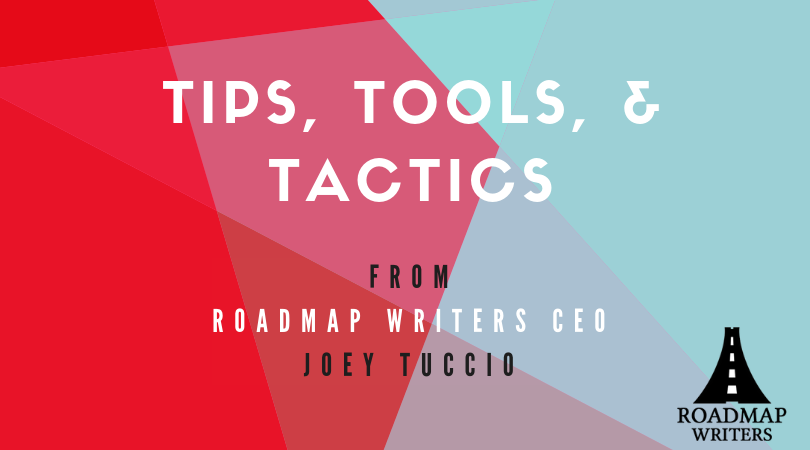
Over the years I've heard time and time again from writers things they wished they knew earlier on in their writing career. Those topics span everything from pitching, to opening page advice, to crafting a strong bio. So here is a quick list I wanted to share on how to make sure you are always putting your best foot forward on your journey to success!
Pitching Advice:
- You’re a human first and a writer second. Connect with the exec on a human level.
- Always start with the tone and format before launching into the story pitch.
- Why are you the perfect person to write this? You can include the answer to this in the beginning or end of the pitch (i.e. you’re inspired by these kinds of characters, it directly connects to a certain type of experience or skill set you have, you lived it, the themes you explore in the story is recurring in all your scripts).
- Make sure you include the biggest cinematic set pieces in your pitch. For example, what’s the funniest moment of Act 1, 2 and 3 if you are pitching a comedy feature? What’s the funniest moment in the pilot if you are pitching a sitcom? This will help breathe life into your pitch.
- If you are pitching verbally, don’t read off a piece of paper. Keep it conversational.
- When you are done with your pitch, make sure you end with a button. So instead of sharply ending your pitch— and you and the exec having a 5-second awkward staring contest until they realize you’re done, end with “I wrote this story because I was inspired by the protagonist’s objective.” Just something so the exec knows you are done with your story pitch.
- Keep your bio succinct. A long bio doesn’t necessarily mean a better bio.
- If you placed in a prestigious competition longer than 5 years ago, just say you placed in the competition and don’t put the date.
- Limit the number of competitions that are included in your bio. It could cause red flags if you say you won 20 competitions (for example) but you are still pitching the same script.
- Include your brand in the bio, try to demonstrate your voice.
- The quickest way for an exec to not read your script after the opening pages is if they see large chunks of description and the script feels dense. It shouldn’t automatically feel like it’s going to be a chore to read your script.
- A good rule of thumb is to break up larger passages of description every 3-4 lines (not sentences).
- Because execs sometimes skim, make sure new characters and important plot points are at the beginning of paragraphs instead of burying the lead in the middle in case the exec is reading fast.
- Be aware of your writing patterns. Often writers' will start their description paragraphs with a character’s name. Look through your pages. Does every paragraph start with a character’s name or “She”, “He”, etc. This will make the description sections feel too stagnant and like a laundry list of stage directions vs really implementing your voice in the script and keeping the execs on their toes with different sentence structures.
- Don’t put WGA numbers or draft dates on the cover page.